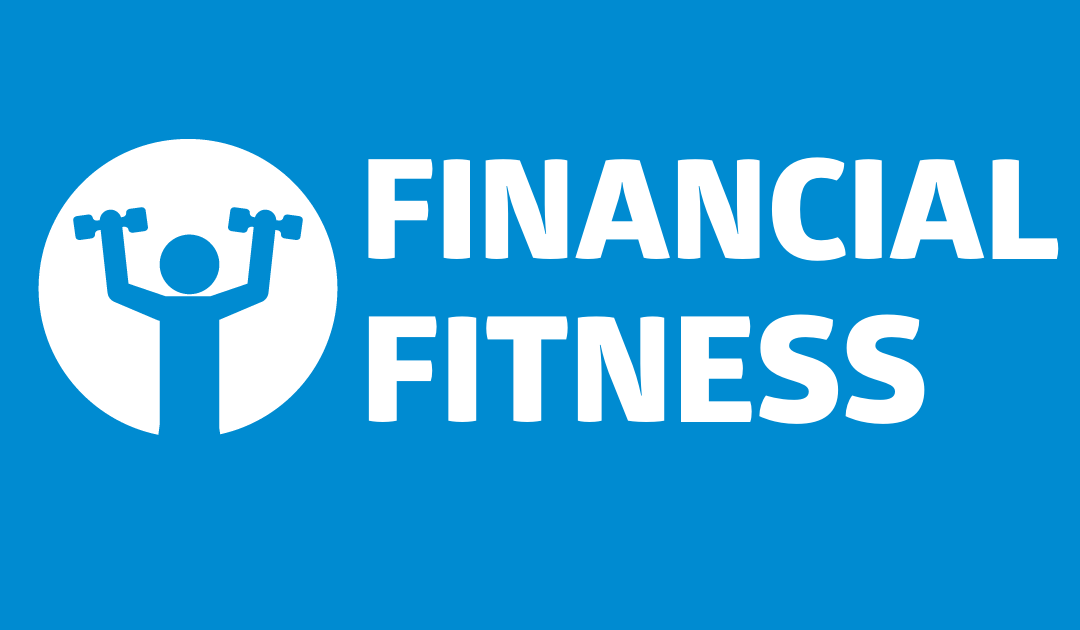By Charlestien Harris
Since I am thinking about retirement myself, I thought I would explore some important questions that should be answered before the big day arrives.
Question 1: What age do I plan to retire?
There is a lot of curiosity about what is the best age to retire, but the answer is different for everyone and determined by several factors. There is no “one size fits all” formula to come to this decision. Age, desired lifestyle, years of service to your employer and whether or not you plan to collect social security to support you financially must all be considered.
The sooner you begin planning for retirement, the likelier you are to be able to retire more financially secure. You may also be able to retire at a younger age. If you plan on relying on social security income, then your age will play a bigger part in when you will be able to retire.
Question 2: Where will my retirement income come from?
There are several sources of income that can be used for retirement purposes. One is social security. Social Security is a federally run insurance program that provides benefits to many American retirees, their survivors, and workers who become disabled. This is the most common type of income that retirees depend on. The Social Security Administration provides a quarterly statement of your payments into the system or you can visit the website to establish an account to keep up with your payments and the estimated amount of your monthly benefits. For more information about social security income you can visit: www.ssa.gov.
Another source of income for retirees is the 401K which is usually accessed through your employer. A 401(k) Plan is a qualified retirement plan, that allows employees to save a portion of their salary in a tax-advantaged manner. You can invest a portion of your salary up to an annual limit. Your employer may or may not match some part of your contribution. If your employer offers a match program, take advantage of this option. This is what is called “free money” and is usually offered as a matched percentage. The money will be invested for your retirement, usually in a variety of mutual funds you choose, or the choices can be made by an investment firm. You can’t usually withdraw any of the money without a tax penalty until you’re 59 ½. This factor can also be traced back to the age question we discussed earlier.
Question 3: When do I plan on taking Social Security benefits?
The full retirement age is 66 if you were born from 1943 to 1954. The full retirement age increases gradually if you were born from 1955 to 1960 until it reaches 67. For anyone born 1960 or later, full retirement benefits are payable at age 67. If you plan on taking advantage of those benefits, then you need apply four months before you want your Social Security retirement benefits to start. If you want your benefits to start at age 62, you can apply at age 61 and 9 months.
Question 4: Will you stay in your current home, down-size or move?
Again, this is a major decision that deserves careful consideration. Do you really need that same amount of living space? Will it benefit you to down-size to a smaller home or apartment to save on monthly living expenses, or will you decide to move out-of-state or closer to your children? All these questions can have a major impact on deciding when to retire.
Question 5: What are my medical needs, future and present?
Your current health condition and possible future illnesses, long term care and other health issues need to be considered. Medical cost during the retirement years can get to be quite expensive if you have not purchased insurance or saved enough to cover basic health care needs. According to a Fidelity article, “An average retired couple age 65 in 2021 may need approximately $300,000 saved (after tax) to cover health care expenses in retirement. The amount you’ll need will depend on when and where you retire, how healthy you are, and how long you live.” Enrolling in Medicare/Medicaid can reduce your costs, but you may need to also purchase additional insurance to cover expenses not paid by those plans.
Retirement is a major milestone in your life and with careful financial planning you can successfully navigate this space armed with information that can assist you with this important decision. Until next week, stay financially fit!

